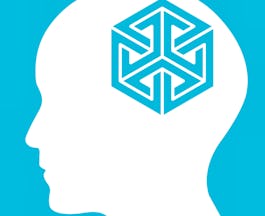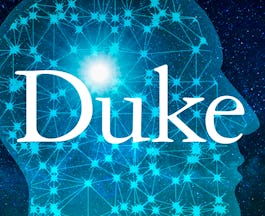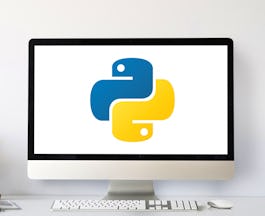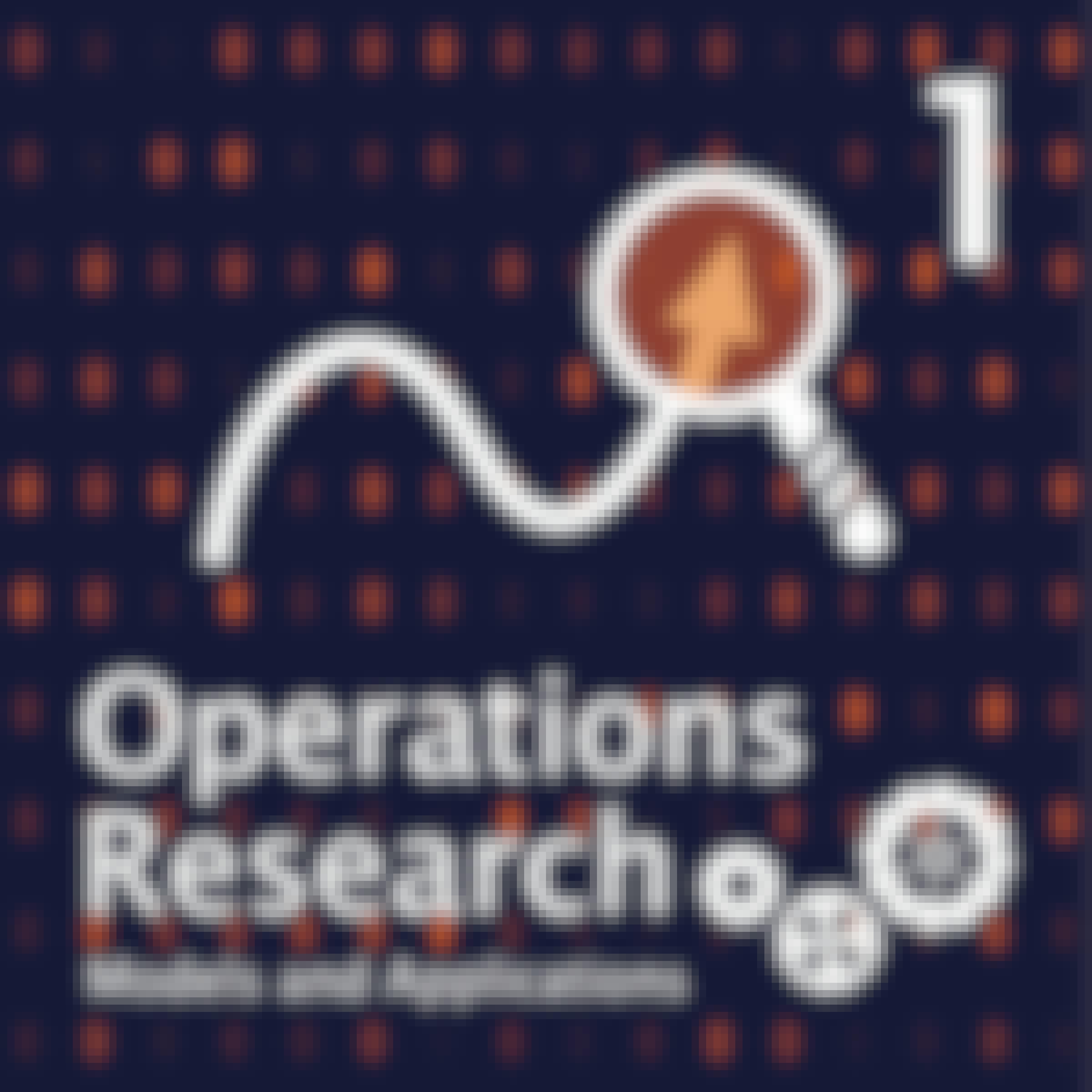606 results for "cognitive science"

Copenhagen Business School

Duke University
Skills you'll gain: Machine Learning, Applied Machine Learning, Design and Product, Human Computer Interaction, Communication, Human Factors (Security), Human Learning, User Experience, User Experience Design
 Status: Free
Status: FreeUniversity of Geneva
Skills you'll gain: Python Programming
 Status: Free
Status: FreeIllinois Tech

Skills you'll gain: Python Programming, Computer Programming, Data Analysis

University of Massachusetts Global

Imperial College London
 Status: Free
Status: FreeDuke University
Skills you'll gain: Health
 Status: Free
Status: FreeUniversity of Michigan
Skills you'll gain: Decision Making, Emotional Intelligence, Human Learning, Leadership and Management, People Development, Adaptability, Deep Learning, Leadership Development, Performance Management, Planning, Resilience
 Status: Free
Status: FreeNational Taiwan University
Skills you'll gain: Leadership and Management, Mathematics, Operations Management, Operations Research, Problem Solving, Strategy and Operations, Mathematical Theory & Analysis, Business Analysis, Decision Making, Linear Algebra, Computer Programming

Skills you'll gain: Python Programming, Data Science, Machine Learning, Data Analysis, Algorithms, Data Analysis Software, Data Management, Data Visualization, Human Learning, R Programming, Business Analysis, Computer Programming, Data Structures, Database Application, Databases, Deep Learning, Exploratory Data Analysis, Machine Learning Algorithms, Plot (Graphics), SQL, Data Model, Statistical Machine Learning, General Statistics, Probability & Statistics, Regression, Reinforcement Learning, Big Data, Cloud Computing, Data Mining, IBM Cloud, Writing
 Status: Free
Status: FreeUniversity of Florida
Searches related to cognitive science
In summary, here are 10 of our most popular cognitive science courses
- AI and the Illusion of Intelligence: Copenhagen Business School
- Human Factors in AI: Duke University
- Simulation and modeling of natural processes: University of Geneva
- Introduction to Open Source Application Development: Illinois Tech
- Python for Data Science, AI & Development: IBM
- Bachelor of Arts in Psychology: University of Massachusetts Global
- Master of Science in Machine Learning and Data Science: Imperial College London
- Introductory Human Physiology: Duke University
- The Science of Success: What Researchers Know that You Should Know: University of Michigan
- Operations Research (1): Models and Applications: National Taiwan University










